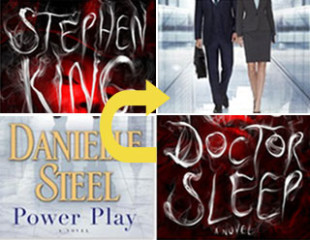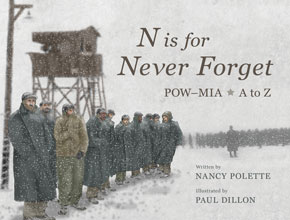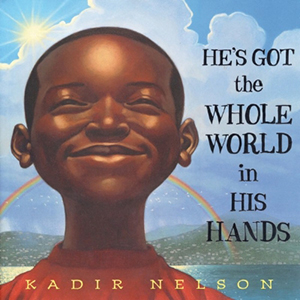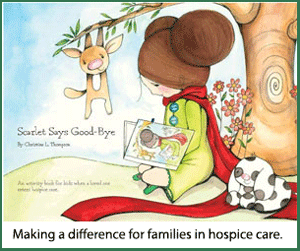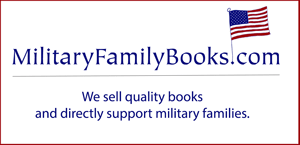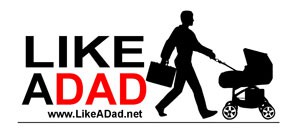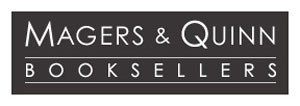Bestselling authors traditionally focus on a primary genre. But it’s not unheard of for established writers to jump genres and, in the process, create new legions of fans. Sometimes, writers are encouraged by their agents to try a new genre due to growing publisher or market demand. Other writers make the switch on their own, trying new forms as they evolve in their careers. At times, a switch that delights a new crowd may disappoint the old. Some authors, perhaps unsure how the switch will go, also change pen names in the process.
Called the “queen of genre jumpers” by noted bloggers, Meg Cabot’s first romance books (Where Roses Grow Wild, Portrait of My Heart) were published under Patricia Cabot. While still writing historical romances, she published as Jenny Carroll the young adult Mediator series, in which the heroine talks to dead people, and the 1-800-Where-R-You series, in which a lightning strike transforms an adolescent heroine into a psychic. (She now lists these books under her real name.) Cabot may best be known to young readers for her series The Princess Diaries. She’s also published paranormal chick lit, a new-adult series (Queen of Babble), and the ongoing Heather Wells mysteries (most recently, The Bride Wore Size 12). In other words, she’s a chameleon of pop culture and has fans in multiple generations for different reasons and different genres.
Ian Fleming became world famous for his series of novels about international super-spy James Bond. It’s hard to imagine a less likely source for a classic children’s picture book than the creator of 007, but after telling his son, Caspar, a series of bedtime stories about a car that can fly and float, Fleming wrote Chitty Chitty Bang Bang.
And, of course, one of the all-time most successful authors to achieve success in multiple genres is James Patterson. Adults know him for his Alex Cross, Women’s Murder Club, and Michael Bennett suspense/thriller novels. But he’s also a bestselling author in the young adult and middle grade categories, including the Middle School books, Treasure Hunters, and the Confessions, Maximum Ride, Witch & Wizard, and Daniel X series.
What about you as a reader? Is it hard to imagine your favorite authors writing something different?
Should Stephen King write a love story (with no horror or crime mystery involved)? Should Danielle Steel continue her break out with a dystopian YA novel? For this month’s Readers Write, we asked: If your favorite author did break the mold, what do you think would be the most interesting switch and why?
Kim writes: A love story by Johnathan Kellerman.
Nicole writes: Kathryn Reichs write a humorous book. Bones could provide a less serious focus and be fun to read.
Stephanie writes: I was going to say something by Neil Gaiman, but I couldn’t think of any genre I would actually enjoy that he hasn’t written in yet, which is part of why I like him so much.
Joel writes: A good book is a good book. Genre is simply a marketing tool to help those readers who need to feel a writer is writing to them about what they think they like. With so many books out there now, how could you possibly find what you’re interested in without a genre sticker, a well-known author’s name, or a friend handing it to you and saying, “Here, read this. You’ll like it. It’s worth your time.” That said, authors need a good dose of self-confidence to switch genres because half the people will be overly critical. Myself? If Tom Clancy hadn’t died last year, I think he could have pulled off a James Patterson. But wait, no, I’m glad he didn’t. I liked him just like he was, sticking with his genre, writing books like The Hunt for Red October, which, as President Ronald Reagan said, were “my kind of yarn.”
What about you? Do you want your favorite authors to stick to the program? If not, what new storyline or genre would you like to see your favorite author write next?

